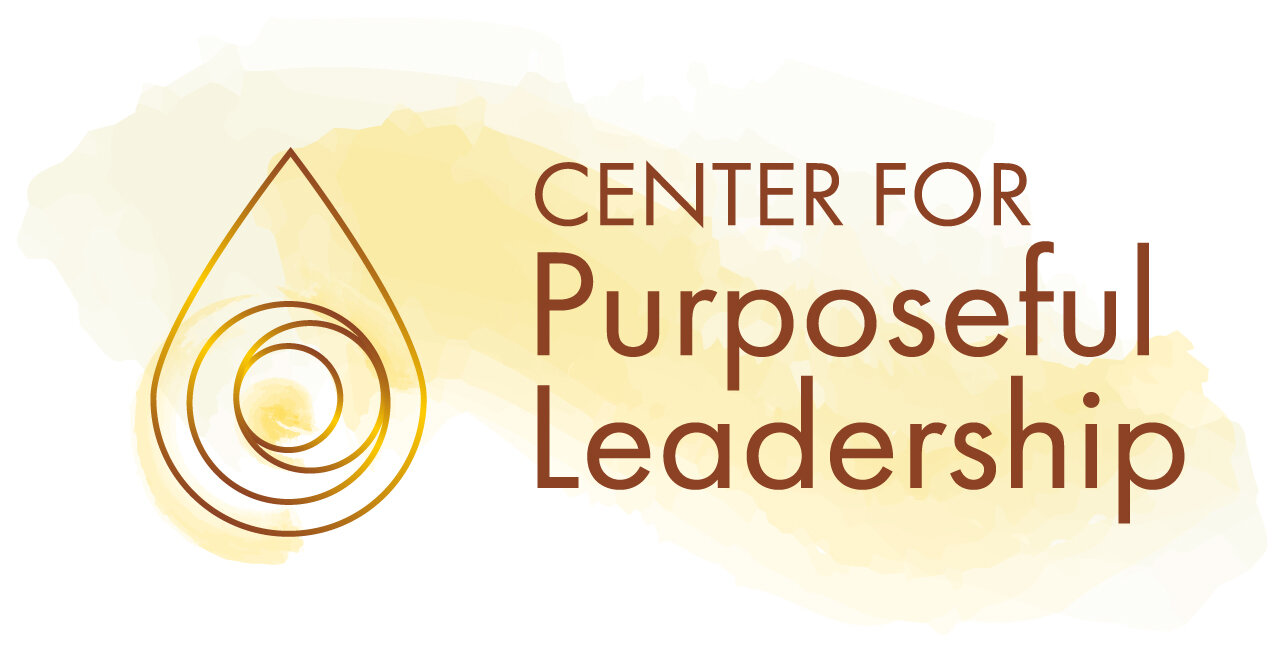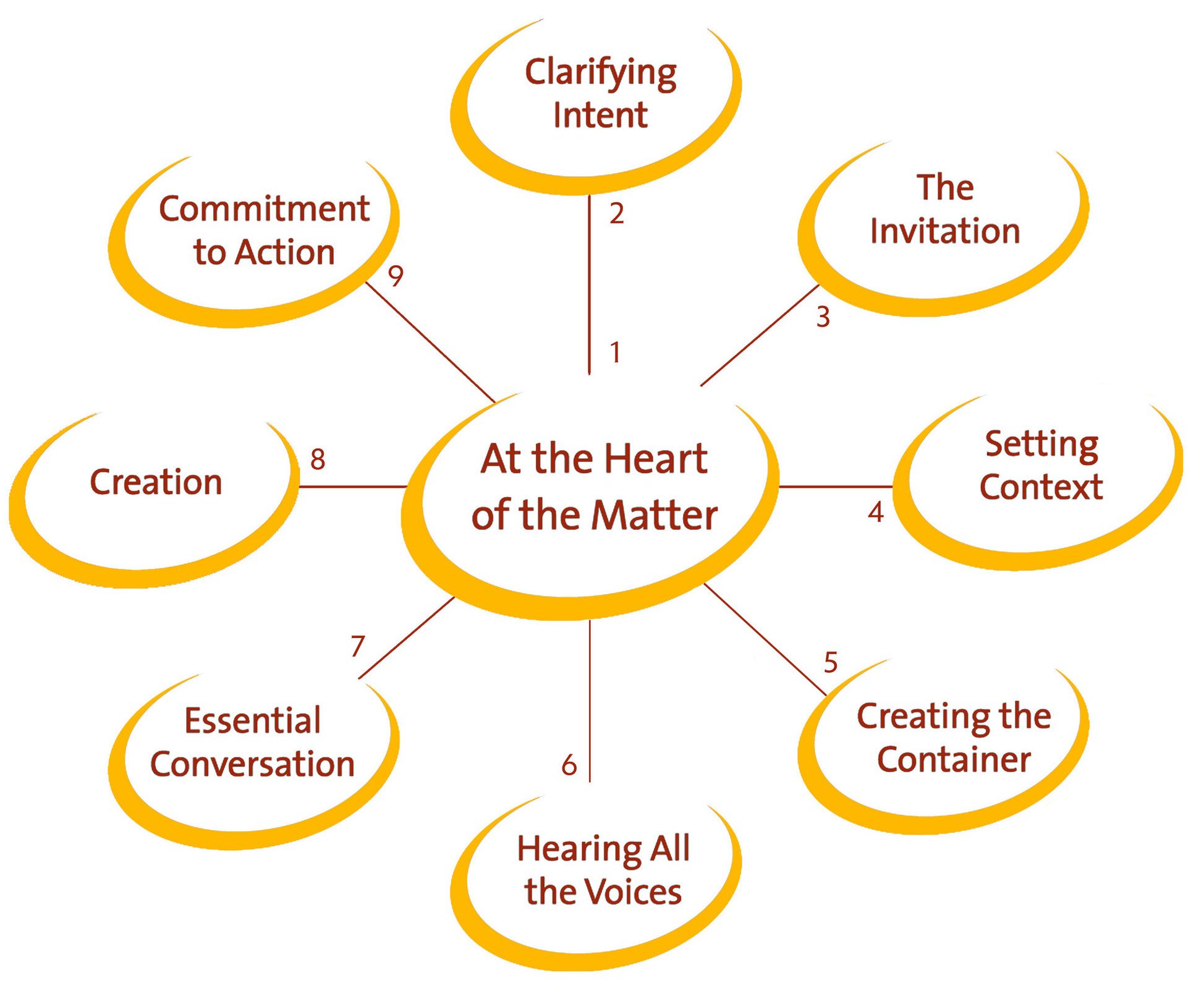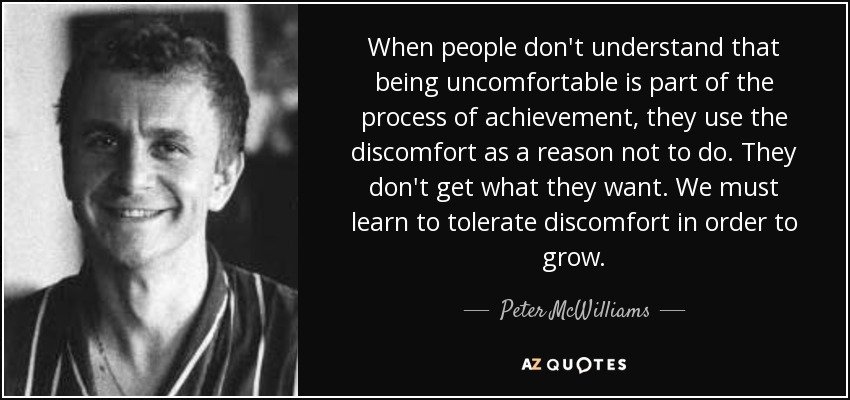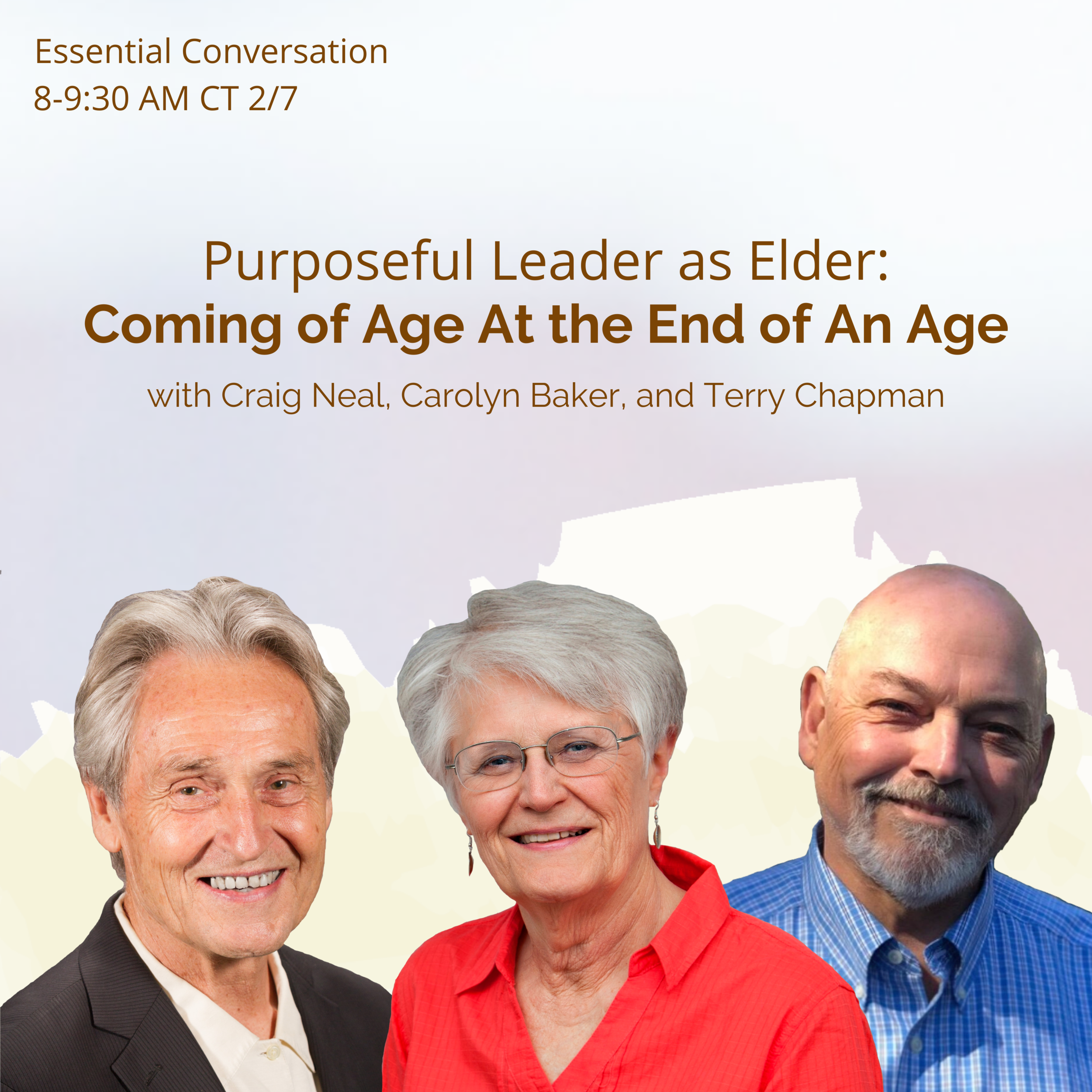Leaders Make the Future: A provocation from the future...
/photo credit: craig neal
- A provocation from the future... The goal of forecasting is not to predict but to provoke insights and conversation.
- We used to be driven by engineering; now are driven by biology, natural systems.
- Moving from problem-solving to dilemma-holding.
- Foresight, insight, action: an underlying pattern of leadership.
Leadership Self-assessment tool
Our VisionHolder Interview with Bob Johansen, author, former CEO, Distinguished Fellow, Institute for the Future spanned a swath of ideas from religion and the role of faith to Superstructing (using crowd-sourcing: 7000 players in 90 countries game playing for 6 weeks, contributing to this year’s forecast).
Listen to the call here: http://www.hipcast.com/playweb?audioid=P5e6885e96b7f69dfd1c8aba485784031YFh9R1REYWB9&buffer=5&shape=6&fc=FFFFFF&pc=666666&kc=009900&bc=CCCCCC&brand=1&player=ap26
Predictions of leadership—what is needed to thrive? We’re going to need new skills. The big challenges are not problems you can solve—where you figure how to make a world that works for all in spite of the problems.
What is the role of faith, of religion in the future, as an external force in a "VUCA" world: Volatility, uncertainty, complexity, and ambiguity—are likely to get worse in 2009.
The most basic challenge for leaders: making sense of this highly uncertain world—uncertainty in ways previous generations never had to.
A basic shift: going from a period of "good leaders could solve problems" to "we can't problem-solve our way out of this."
These days, most leaders spend time with dilemmas: problems they can't solve. How to thrive in the space between judging too soon (problem solver) and deciding too late (academic). That's where faith comes in. Faith lives in the same space where strategy lives in the corporate world.
Faith involves a leap/leap of faith. As leaders, we have to have faith, but willing to make decisions.
- "Dilemma flipping": most of us have been taught to problem solve: examine all the possibilities, reduce to 2 solutions, choose the best solution and run with it. But that doesn't address current problems with multiplicative sources and implications.
- "Smart Mob": ex. is Iran. people are organizing to bring about change in a disruptive, emergent way.
Next generation leaders will lead through multiple media, multiple sources of information. Look for the "commons" as new structure: commons creating/shared space, allowing for win/win solutions.
IBM used to sell machines. Now they give away software and sell solutions with higher margins. we're moving from closed intellectual property to open source.
Commons is a more sustainable version of a smart mob.
- Superstruct: used crowd-sourcing to assemble this year's forecast: open innovation process. Forced a rethink of the notion of expertise. We can't control the outcome.
- "Diaspora": smart mobs linked by their values or the values they are seeking. After katrina, P&G sent tractor trailers of washer and dryer machines, and free Tide. Today 1/2 of the population is still not returned to the city—have created the Katrina diapora—and are tide loyal.
- Link purpose and brand to spread: the purpose-driven brand.
- Wisdom: basic to the concept of leadership. Leadership has to come from inside. It's built in to what motivates you. There is wisdom of crowds.
- Enduring leadership traits/styles: the context in which wisdom gets mined, grown, explored within community. Everyone is in a network--we're all nodes in a network. Leaders try to grow the networks.
QUESTIONS FROM OUR PARTICIPANTS:
- Religious studies: is it where we’ll be in the future? Is spirituality at the core of our next phase?
- The link between leadership and spirituality: In the past month, at a business conference, topic was spirituality in the workplace. At a recent TLG, a CEO mentioned serving clients with love. Is this a cultural shift? A shift in consciousness?
- Leadership capacity of different generations: different needs for different times, different traditions of native cultures, intergeneraltional wisdom.
- What is the nature of the sacred in uncertain times in relation to leadership. The role of the leader is a keeper of the sacred things of the community. It’s the root of the word “Hierarchy.” Traditionally, sacred has provided the roots. In this technology-connected world, how is sacred changing?
BOB'S response:
- Marcus borg: relationship w/ god is more imp than belief about god. What is sacred in uncertain times?
- The Episcopal Church came to us to do a 10-year forecast: their notion of discerning questions is particularly appropriate for these times. Sacred will come from questions, not answers.
- Dilemmas love the space between answers and decisions. It’s the same faith space religion traditions speak to.
- The threshold of righteousness as people look for solid answers, so they move to being right. And everyone else is wrong. The rich/poor gap will play into this also.
- Tradition of elder to younger needs to be encircled. Young people are increasingly in immersive learning environments.
- Under 25: Generations now shorten to 6-year cycles.
- Immersive learning environments: We adults/parents are going to look back 10 years from now and think that we made a horrible judgment about video gaming. It’s teaching dilemma sense-making.
- Sacred/wisdom will be uncovered, tapped into.
- Cyberspace will disappear. Where we go online will be the same where we are in the physical world. We’ll have a virtual overlay on the physical world.
- Leaders provide a filter. Servant leadership: listening to communities and engaging them.
- We predict a backlash against speed.
- God in the workplace: a more sophisticated experience of neuroscience. The psychologists did nothing but studying deviance. Now they study happiness, meaning.
- We know that being engaged in community gives people more meaning, stimulates portion of the brain that gives pleasure.
- The Golden Rule: neuroscience documentation gives credence to it. People who can forgive, are healthier.
- Leaders constructively depolarize.
- NEXT STEP: where do you want to learn, grow? Bioempathy- most leadership teams are weak at this. Use the principles of nature to guide your organization/decisions.





![[Hearth] Voices from Ukraine: Part 2](https://images.squarespace-cdn.com/content/v1/58a4e3be9de4bb98b066fd6f/1647955546471-VUGA4FCGFEUYJ29TEQVA/sunforest-mix-sunflower-types-1586794598.jpeg)








